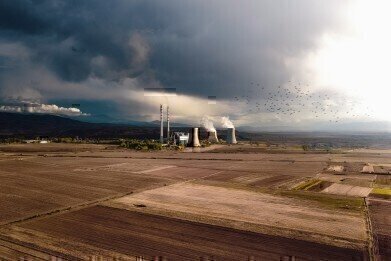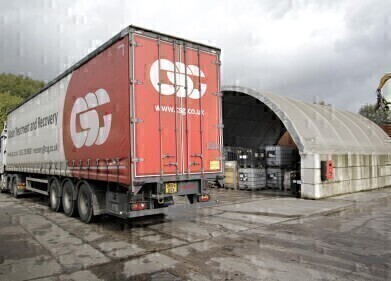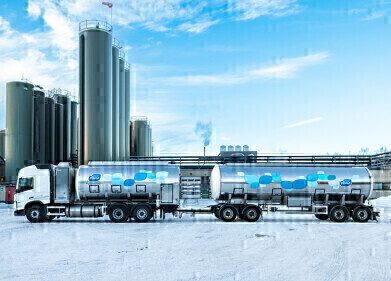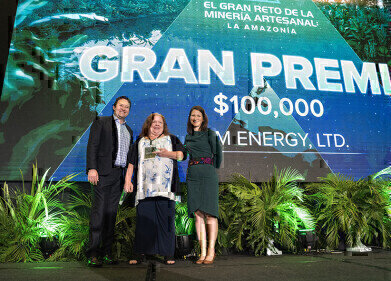Hazardous Waste
Australia to Act as Nuclear Waste Dumping Ground?
Nov 19 2015
The recently-elected Prime Minister of Australia Malcolm Turnbull has suggested that the country could benefit from the nuclear energy industry by leasing rods to other nations and then burying the subsequent waste in the Australian outback.
He did, however, downplay suggestions that Australia would be pursuing extensive nuclear power plant construction of its own. Rather than being opposed to the moral and safety implications of nuclear power, it seems that Turnbull’s reluctance to turn to nuclear for his own country stems from the fact that Australia already has plentiful resources in the shape of fossil fuels and also in renewable sources, such as solar and wind power.
Cashing in on Nuclear
Turnbull made the comments live on radio station FiveAA in Adelaide, South Australia.
“I think a lot of South Australians feel like this and it’s a perfectly reasonable view: we’ve got the uranium [and] we mine it; why don’t we process it, turn it into the fuel rods, lease them to people overseas; when they’re done, bring them back – and we’ve got very stable geology in remote locations and a stable political environment – and store them?” Turnbull told the radio station. “That is a business that you could well imagine here.”
However, he was less keen on constructing reactors in the country for Australia’s own use. A 2006 report from mobile phone operator Telstra found that Australia could house as many as 25 reactors by 2050, thereby supplying more than a third of the nation’s power needs. However, the same report also concluded that nuclear would be significantly more costly than traditional fossil fuel methods, if levies were not imposed upon carbon emissions (which they almost certainly will be).
“Would we ever have a nuclear power station in Australia, or like the French do, dozens of nuclear power stations? I would be a bit sceptical about that,” he continued. “I’m not talking about the politics. We’ve got so much other affordable sources of energy, not just fossil fuel like coal and gas but also wind, solar. The ability to store energy is getting better all the time, and that’s very important for intermittent sources of energy, particularly wind and solar. But playing that part in the nuclear fuel cycle I think is something that is worth looking at closely.”
Opposition Remains Despite Environmental Progress
The new prime minister differs from his predecessor on a number of topics, including republicanism, same-sex marriage and climate change. Australia already have sophisticated wastewater treatment systems in place to purify the water entering their streams and lakes, but many critics of Tony Abbott thought his views on global warming were denialist and out-dated.
Turnbull’s advocacy of cleaner forms of energy such as wind and solar demonstrate that he might be more environmentally-minded than Abbott – but not everyone is happy about his proposals to essentially turn the centre of Australia into a nuclear dumping ground.
Aside from the dangers of seismic activity affecting the disposed nuclear waste in years to come (which will far outstrip Turnbull’s fleeting stint as prime minister), there are also worries about the longevity of the waste in the soil.
Traditional bioremediation techniques are simply not capable of cleaning up soil contaminated by nuclear waste, with disaster zones at Chernobyl, Fukushima and Sellafield remaining heavily polluted years and decades after the event. Environmentalists fear the same could happen to Australia. Whether or not it will come to pass is debatable, but Turnbull has at least put the idea firmly on the table.
Events
Apr 22 2024 Hannover, Germany
Apr 23 2024 Kuala Lumpur, Malaysia
Apr 24 2024 Sao Paulo, Brasil
May 05 2024 Seville, Spain
May 13 2024 Munich, Germany














